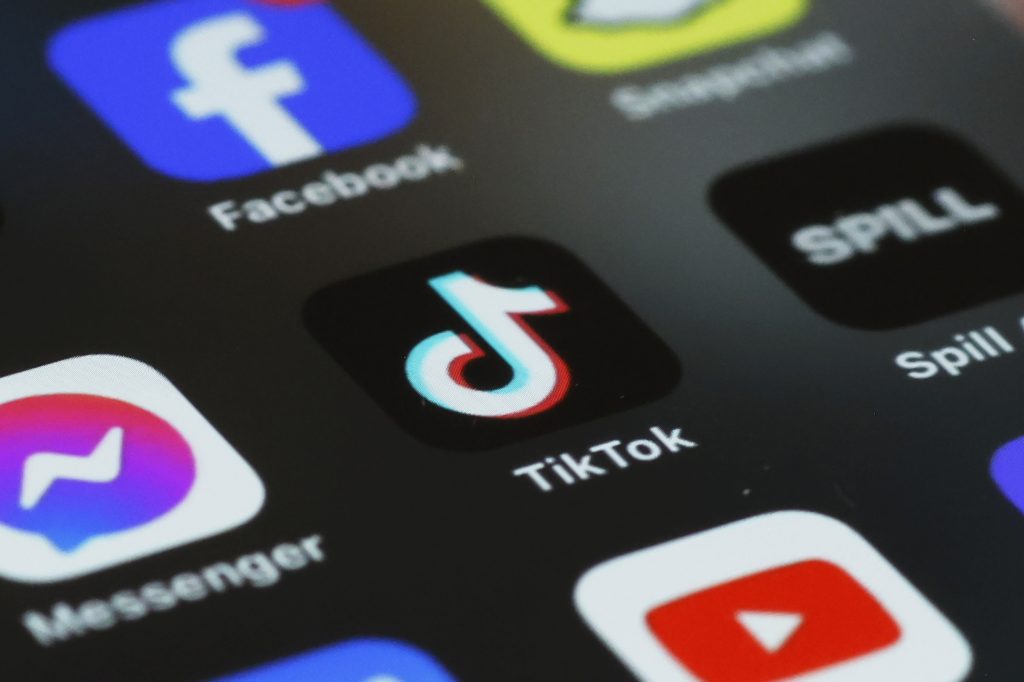The fate of TikTok in the United States hangs in the balance as the Supreme Court prepares to hear arguments on whether to halt a looming ban set to take effect on January 19th. The ban, driven by national security concerns linked to TikTok’s Chinese parent company, ByteDance, has garnered significant public attention and sparked a heated debate over free speech, economic impact, and the potential influence of the Chinese Communist Party (CCP). A new poll reveals a plurality of Americans supporting the ban, though a substantial portion remains undecided, underscoring the complex and divisive nature of the issue. This legal battle coincides with a period of heightened political transition, with President-elect Donald Trump’s imminent inauguration adding another layer of complexity. Trump, who has expressed a personal affinity for the platform, has submitted a legal brief requesting a delay in the ban’s implementation to explore alternative solutions that address national security concerns without outright prohibition.
The central argument for the ban revolves around fears that the CCP could leverage TikTok to access user data, spread propaganda, or manipulate public opinion, thereby undermining U.S. national security. These concerns gained traction during protests related to the Israeli-Palestinian conflict, fueled by perceptions of TikTok’s role in disseminating information and shaping narratives. Conversely, TikTok maintains that a ban infringes upon First Amendment rights and would severely disrupt the burgeoning creator economy, impacting countless influencers who rely on the platform for income and engagement. The company argues that alternative solutions, such as independent oversight or data security measures, could mitigate security risks without necessitating a complete ban.
The YouGov/The Economist poll sheds light on public opinion regarding the ban and the perceived national security threat posed by TikTok. While 44% of respondents support the ban and 34% believe TikTok constitutes a national security threat, a significant number remain unsure, with 34% undecided on the ban itself and 30% uncertain about the security risks. This ambivalence highlights the need for a nuanced and informed public discourse that considers the multifaceted implications of banning a popular social media platform. The poll’s findings also underscore the challenge facing policymakers as they grapple with balancing national security concerns with individual liberties and economic considerations.
The Supreme Court hearing represents a pivotal moment in this ongoing saga. The justices will weigh the competing arguments – national security versus First Amendment rights – and determine whether to allow the ban to proceed as scheduled. The timing of their decision remains uncertain, adding to the suspense surrounding TikTok’s future in the U.S. market. Furthermore, President-elect Trump’s intervention, seeking a delay to explore alternative resolutions, introduces a political dimension to the legal proceedings. His stated desire to find a solution that accommodates both national security and the platform’s continued operation adds an element of unpredictability to the outcome.
Meanwhile, prominent figures have weighed in on the debate, offering diverse perspectives on the ban and its potential ramifications. President-elect Trump’s acknowledgement of TikTok’s role in his election victory among young voters highlights the platform’s significant cultural and political influence. Simultaneously, business figures like Kevin O’Leary have expressed interest in acquiring TikTok, potentially offering a pathway to resolving the ownership dispute and averting the ban altogether. These diverse perspectives contribute to a complex and ever-evolving narrative surrounding TikTok’s future.
The potential consequences of a TikTok ban are substantial, affecting not only the company and its users but also the broader digital landscape. TikTok has projected significant user losses in the event of even a temporary shutdown, underscoring the platform’s popularity and its importance to the creator economy. Beyond the immediate impact on users and content creators, the ban raises broader questions about the government’s authority to regulate online platforms and the potential for future restrictions on digital expression. The Supreme Court’s decision will have far-reaching implications, setting a precedent for future cases involving online platforms and national security concerns. The ultimate fate of TikTok in the United States remains uncertain, with the Supreme Court, the incoming administration, and public opinion all playing crucial roles in determining the platform’s future.










